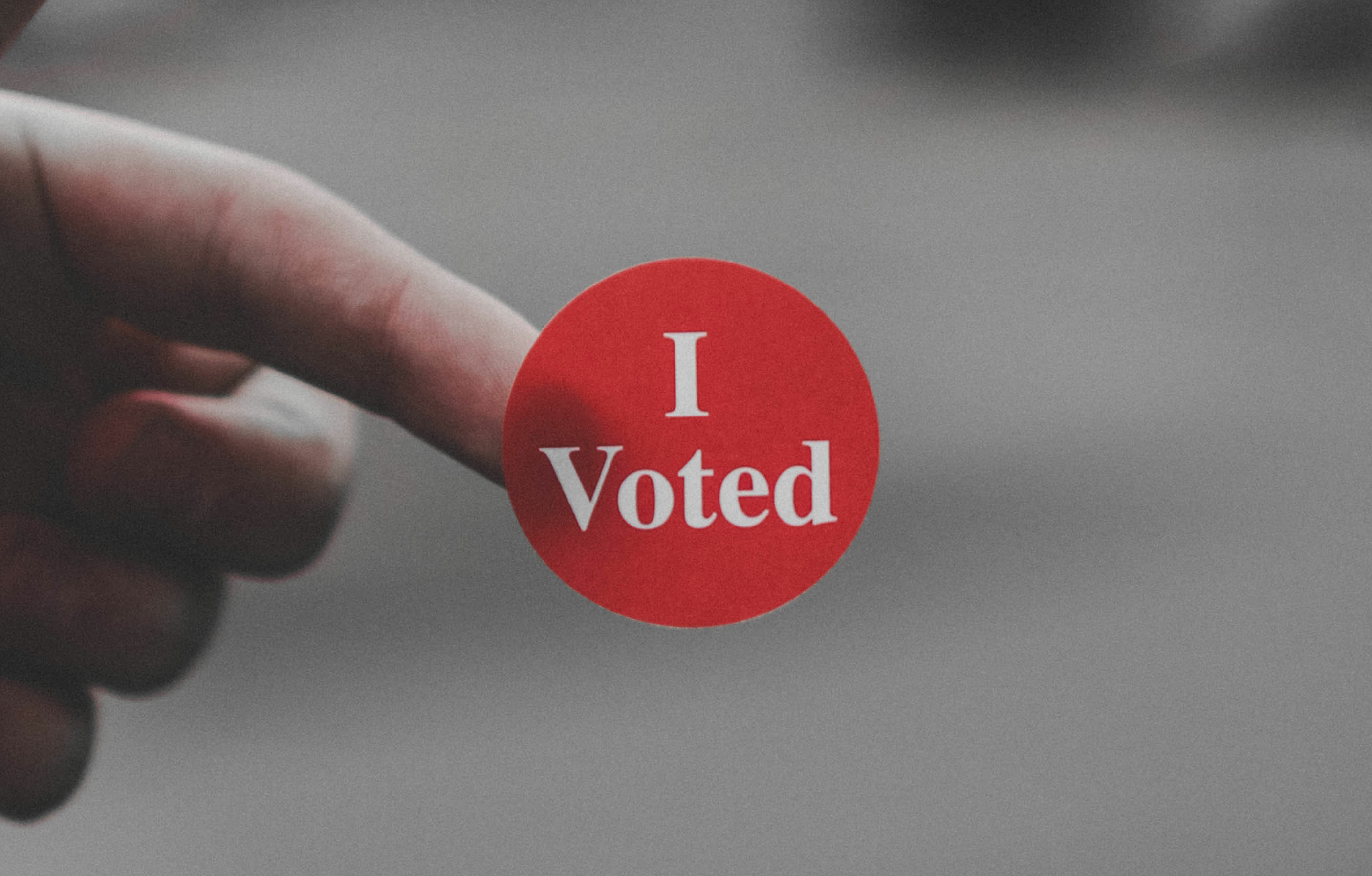
Photo by Parker Johnson on Unsplash
Churches and Political Campaigns: Q&A
K. Hollyn Hollman
October 15, 2018
Each campaign season, we are reminded of the many issues that challenge our nation. As Christians and citizens, we are called to engage the issues, to seek justice, and to elect leaders who we believe best reflect our values and goals. Campaigns also bring questions about the legal boundaries for churches under the tax laws.
As Christians and citizens, we are called to engage the issues, to seek justice, and to elect leaders who we believe best reflect our values and goals.
The following summary reflects available guidance from the Internal Revenue Service. See Tax Guide for Churches and Religious Organizations, Internal Revenue Service publication 1828 (Revised August 2015).
As Christians and citizens, we are called to engage the issues, to seek justice, and to elect leaders who we believe best reflect our values and goals.
- When churches get involved in political issues, don’t they necessarily violate the constitutional separation of church and state?
No. The First Amendment’s religion clauses do not prohibit political activity by churches. In fact, the First Amendment protects the religious expression of churches in many ways, including their right to speak out on important issues. Churches, however, like other organizations that are exempt from taxes under the Internal Revenue Code Section 501(c)(3) and are eligible to receive tax-deductible contributions, must abide by certain restrictions on lobbying and campaign activity to retain the special treatment they receive under the tax laws.
- Are the IRS restrictions on participating in campaigns for elected office different from those that limit the amount of lobbying allowed by religious organizations?
Yes. While the Internal Revenue Code limits the amount of activity a tax-exempt organization can devote to attempting to influence legislation (no substantial part of the organization’s activity can be devoted to lobbying), it actually bans intervention in political campaigns. As stated in the IRS Tax Guide on this topic: “Under the Internal Revenue Code, all IRC Section 501(c)(3) organizations, including churches and religious organizations, are absolutely prohibited from directly or indirectly participating in, or intervening in, any political campaign on behalf of (or in opposition to) any candidate for elective public office. Contributions to political campaign funds or public statements of position (verbal or written) made by or on behalf of the organization in favor of (or in opposition to) any candidate for public office clearly violate the prohibition against political campaign activity.” (Emphasis Added) Tax Guide for Churches and Religious Organizations (Rev. 8/2015), p.7.
- Does the political campaign prohibition mean that church pastors cannot be involved in politics without jeopardizing their church’s tax status?
No. The ban on political campaign activity is not intended to restrict the free expression of church leaders speaking for themselves, as individuals. Nor are the rules intended to keep such leaders from speaking about important issues of public policy from the pulpit. “However, for their organizations to remain tax exempt under IRC 501(c)(3), religious leaders can’t make partisan comments in official organization publications or at official church functions. To avoid potential attribution of their comments outside of church functions and publications, religious leaders who speak or write in their individual capacity are encouraged to clearly indicate that their comments are personal and not intended to represent the views of the organization.” Tax Guide for Churches and Religious Organizations (Rev. 8/2015), p.8.
Church leaders should be particularly careful not to endorse candidates in sermons, church bulletins, or other communication channels of the organization.
- Does the political campaign prohibition mean that churches cannot allow candidates to speak at church events?
No. “Depending on the facts and circumstances, a church or religious organization may invite political candidates to speak at its events without jeopardizing its tax-exempt status. Political candidates may be invited in their capacity as candidates, or individually (not as candidates).” Tax Guide for Churches and Religious Organizations (Rev. 8/2015), p.11.
If a candidate is invited to speak at a church event as a candidate, the church must
Hollyn Hollman is general counsel of the Baptist Joint Committee for Religious Liberty. The information contained in this article is taken largely from Tax Guide for Churches and Religious Organizations, Internal Revenue Service publication 1828 (Rev. 8/2015). Click here to download the publication as a PDF document. A version of this article first appeared in The Christian Citizen (Vol.1, 2004)
The views expressed are those of the author and not necessarily those of American Baptist Home Mission Societies.
This general guidance in a complicated area of law does not govern all conceivable issues. For legal advice or specific inquiries, consult with a lawyer directly.
Want the latest from The Christian Citizen?
Subscribe to Christian Citizen Weekly

